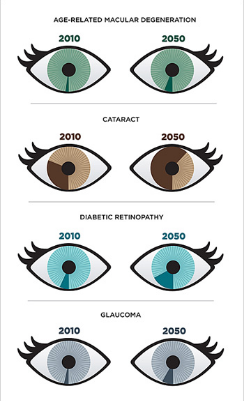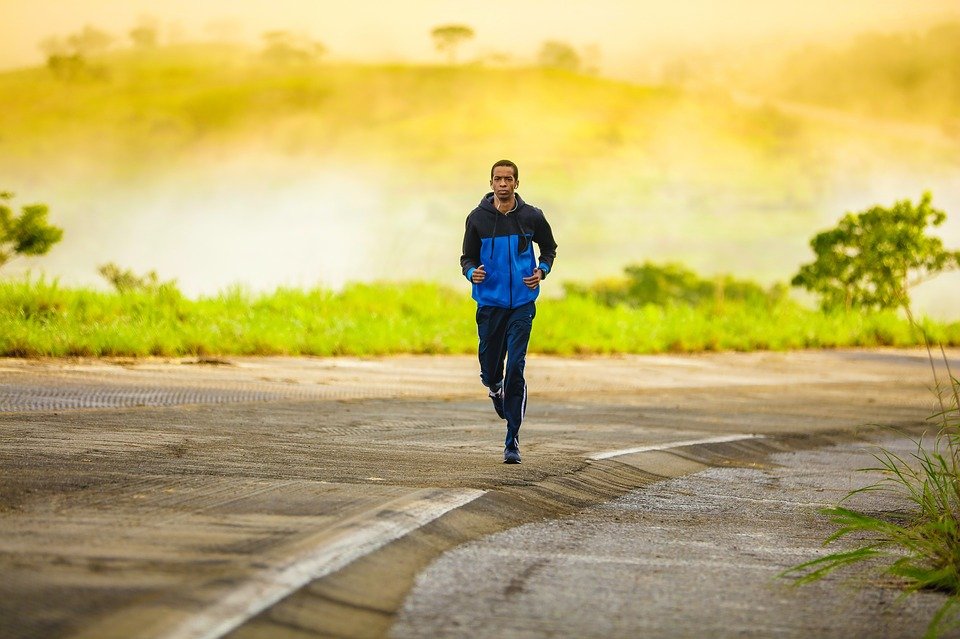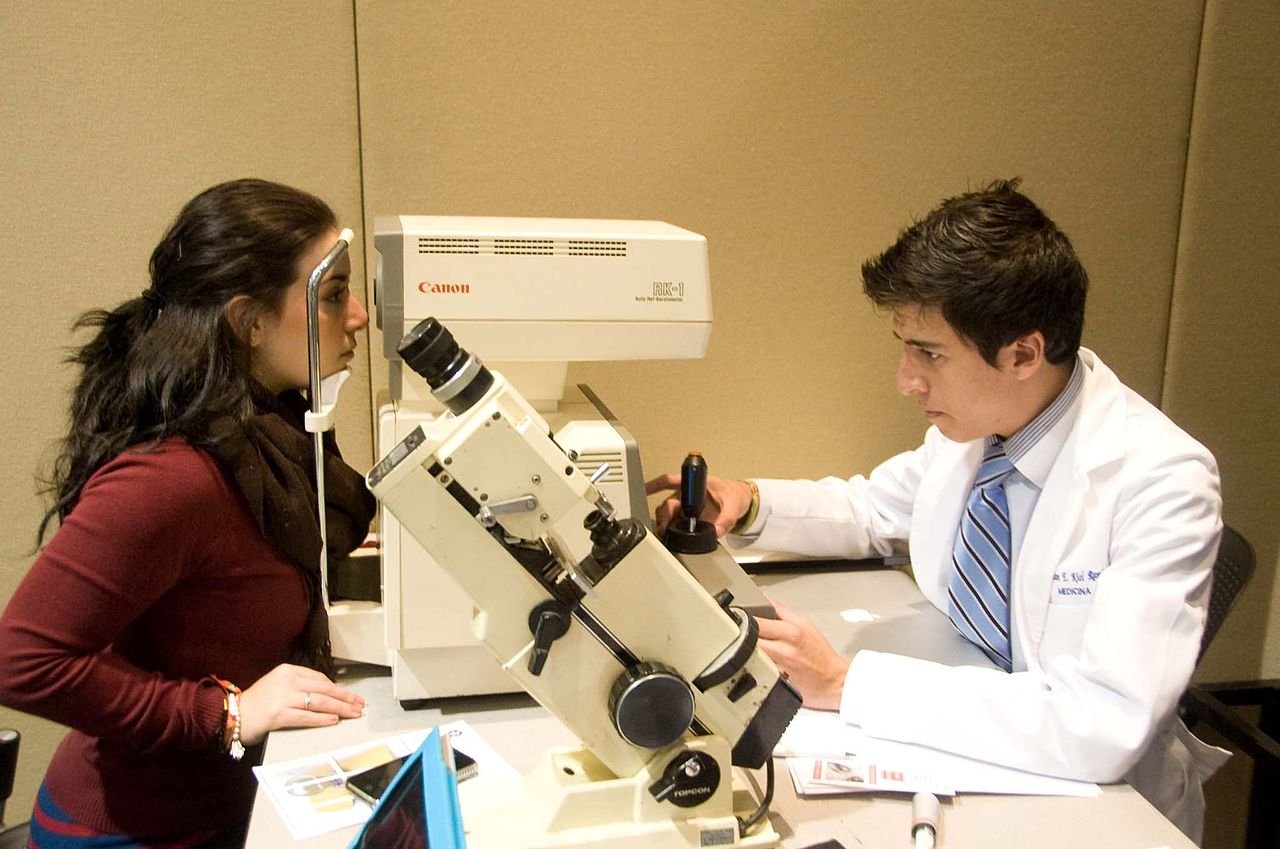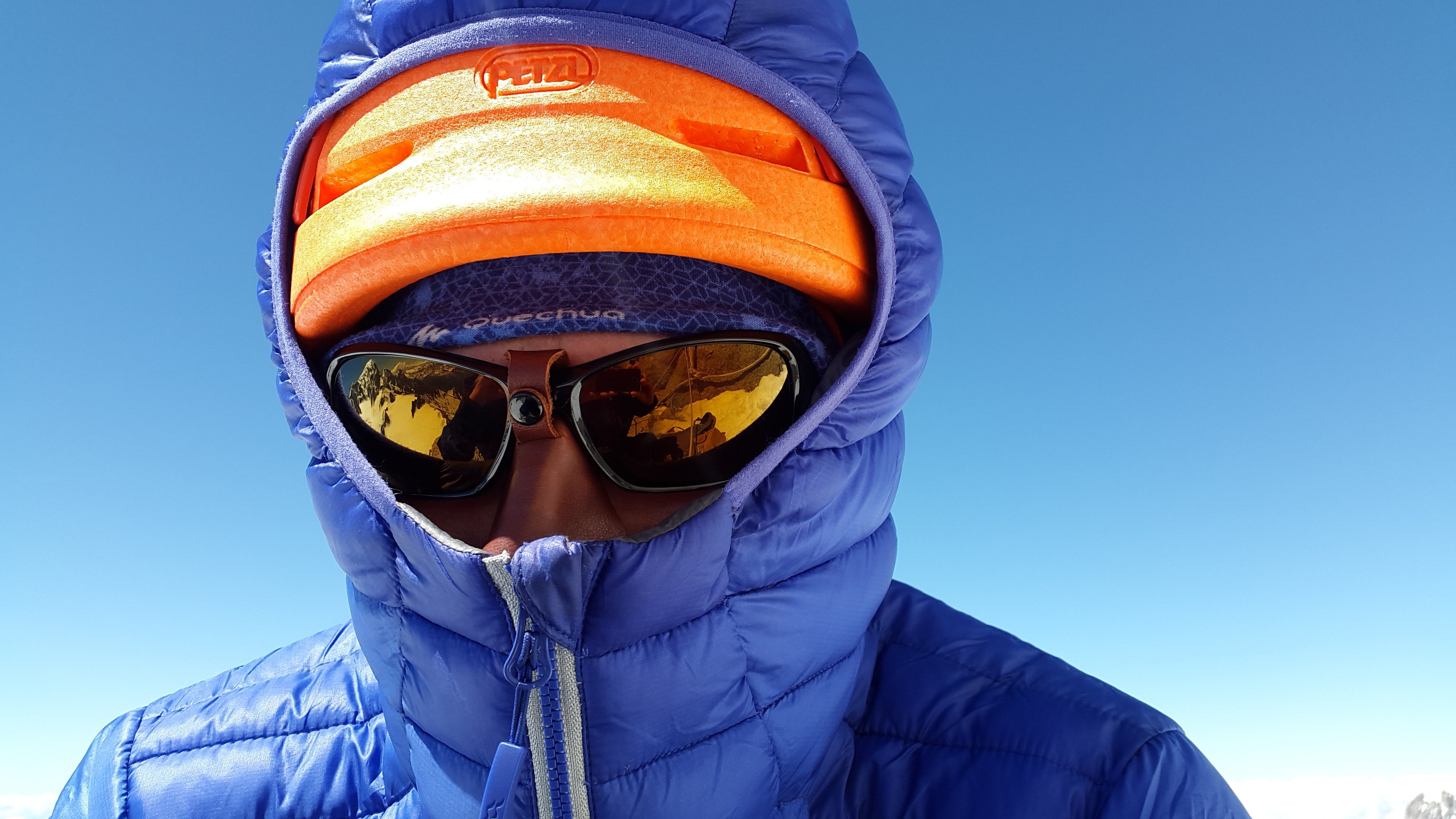Vision is one of the five special senses of the human being. We are so unaware of it and fail to realize how precious a gift it is from our creator. Those who have lost their eyesight can only understand it's importance and preciousness. We can't even imagine it until it is too late! But simple awareness and by following some easy advice, we can protect our vision from damages or diseases.
Before going to the actual pieces of advice, let us have a look at the current scenario on visual abnormalities or it's a future prediction. According to the NEI (National Eye Institute), based on 2010 US census population, it is estimated that, by the year 2050, the total number of people affected by common eye diseases will be doubled. Among common eye diseases, they considered age-related macular degeneration, cataract, diabetic retinopathy and glaucoma. Here is an interesting picture depicting the feared scenario.

Another research predicts that by the year 2050, about 50% of the world population will be short-sighted if the current trend of spending too much time on electronic devices is continued. If we look around we will see that people of every age, starting from under school children to the very old aged person are wearing glasses. A majority of them are wearing the glasses due to eye problems (e.g. short-sight), not as a fashion.
None of the above statistics is good news for us. If we do not take timely steps now, we will surely suffer later. Today is the best time to start taking care of our eyes. Let's see what can be done to protect our vision (the lists are mentioned randomly).
Reduce stress on your eyes by giving regular rests

For our convenience, The NEI has given us an easy and interesting formula; a 20-20-20 rule. It has 3 parts: If you are working on a computer or mobile phone or tablets-
- At every 20 minutes look away from the screen
- Look at something else which is at least 20 feet away from you
- Keep looking for at least 20 seconds before returning to the screen
This way we can minimize the stress on our eyes.
Another study published in the journal Ophthalmology suggests us differently[1]. It emphasizes on mainly two tasks:
- Spending more time outdoor
- Spending less time in those activities where the constant up-close focus is needed such as working on a computer.
If this strategy can't be followed, then we must follow the 20-20-20 rule.
Keep your weight within the normal limit and do physical activities regularly

Overweight or obesity doesn't have a direct impact on vision. But it invites some other systemic illness notably DM and HTN which ultimately leads to visual impairment. A research was conducted by the University of Melbourne in Australia and Leeds Beckett University in the United Kingdom regarding the effect of weight reduction on vision. They found out that significant weight reduction might potentially reverse the visual damages caused by the above mentioned systemic illness.
An active lifestyle has positive effects on our eyes. A study showed that a physically active person has a 73% lower risk of developing glaucoma than that person who is leading a more sedentary life. This study was presented by the American Academy of Ophthalmology at their 121st Annual Meeting, held in New Orleans, LA. [2]
Have a regular eye test by an ophthalmologist

Despite having a normal vision, it is a good practice to have your eyes tested by an expert at a frequent interval. In this way, early detection of a silent vision killer is possible. Development of diabetic retinopathy or hypertensive retinopathy can be prevented if detected at their earlier onset which may warrant stricter control of this systemic illness.
There is a test known as a comprehensive dilated eye exam. As a procedure, an expert put an eye drop (Tropicamide) before the exam which dilates the pupils of the eyes. So that it will be easier for the expert to see all the structures inside of the eye, e.g. optic disk, macula, retina. Any damage to those structures can be identified easily.
Wear UV ray resistant sunglasses while going outside

There is a list of eye disease which may get started or aggravated due to exposure to excessive UV(ultraviolet) rays. We should select a sunglass which blocks almost 99-100% of UV rays, not for just as a part of fashion which doesn't protect the radiation at all or very little. Majority of the population knows the side effect of UV radiation but at the time of choosing a sunglass, we don't keep the quality in our mind. We need to change our views toward this.
There are three types of ultraviolet rays out there in the environment; A, B and C. The ozone layer of the outer atmosphere of our solar system absorbs the UV-C preventing it from reaching the earth surface. UV-A & UV-B reach to the surface and their short or long-term exposure might cause eye diseases. The risk of developing eyes diseases is not the same in all person. The risk is higher among them who are:-
- Spending a long time under the sun, e.g. sunbath, skiing, on the sea beach, climbing mountain, living on the mountain with less shading
- Previous history of cataract surgery or any retinal disorders
- Taking those drugs which increases the sensitivity of eyes to sunlight, e.g. sulfa drugs, birth control pills, diuretics, tranquillizers, tetracycline etc. [3]
Always eat eye-friendly foods

I think we all know about the usefulness of eating a carrot for better eye-sight. We should eat carrot on a regular basis if possible. Besides carrots, there are other food items which have a similar positive effect on eyes/vision. So we should substitute our junk foods with these eye-friendly foods.
Dark leafy green vegetables: This vegetable contains lutein and zeaxanthin which are antioxidants that prevent the development of cataracts. Spinach, collard greens, kale are rich in these antioxidants.
Grapes: Evidence suggests that grapes help up protecting the retina from the damaging effects of oxidative stress [4]. It also provides a good amount of antioxidants which prevent or slow the development of age-related macular degeneration. [5]
Fish rich in omega-3 fatty acids: Omega-3 fatty acids protect us from eye irritation and dry eyes which develop due to inflammation on the eye surface. These fatty acids reduce eye surface inflammation. These omega-3 fatty acids are found abundantly in certain sea fish notably tuna, salmon, halibut, mackerel, sardines etc.
This was originally posted on the Steem Blockchain here




0 Comments